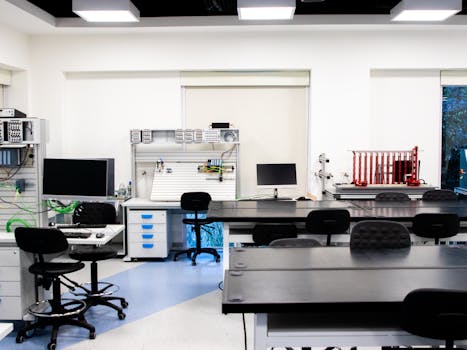You could take a college course in computing, computer science or IT support. Courses like these may help you to get a trainee position with an organisation.
Other relevant courses include:
- ICT systems and principles
- ICT professional competence
- T level in Digital Support Services
Entry requirements
Entry requirements for these courses vary.
4 or 5 GCSEs at grades 9 to 4 (A* to C), or equivalent, including English and maths for a T Level








